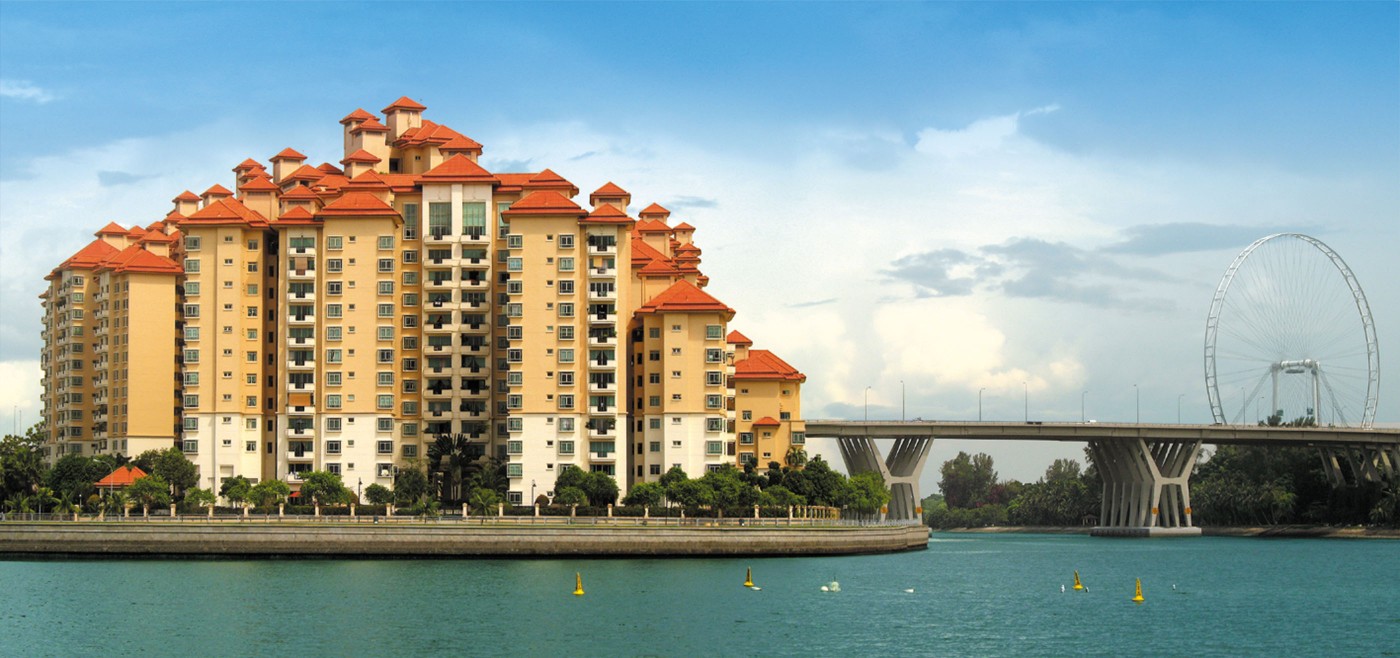Where is the Property Market Heading?
Newspaper headlines were once brimming with proud articles of celebrities, business moguls and the ultra-rich purchasing swathes of luxury properties in Singapore, with big names such as Facebook’s co-founder, Eduardo Saverin and actor, Jackie Chan. And, it’s not surprising that Singapore overtook Switzerland as the world’s fastest-growing wealth management centre.
However, that remains to be seen as the luxury property market in Singapore has all but fizzled out in the past year. Private home sales alone have plummeted 52% in the first three quarters of 2014.
The top-end property markets were hit the hardest, with luxury condominiums like M5 in Tanglin and One Duchess in Bukit Timah having sold only 1 and 2 units in October respectively.
Even the crown jewel of Singapore’s ultra-luxe residences, Sentosa Cove, has become eerily still as prices fell by 20%, with only 12 apartments and 1 house having changed hands the entire year. This gated enclave of exquisitely sculpted bungalows that come with private swimming pools, idyllic waterfront views and even individual yacht berths, is now a shadow of its former glory for real estate investors.
Things appear rather bleak for the market, though this may be largely self-inflicted.
The past five years have seen discontent brew amongst Singaporeans as housing prices soar, due to low interest rates and an influx of wealthy foreigners rapidly saturating the housing market. It was particularly distressing for locals, as property prices have surged by as much as 60% since 2009, giving rise to xenophobia as well as backlash against government policies and their perceived inertia to take action.
That being said, the general perception and belief that the citizens’ woes will lessen, if the foreign inflows are plugged, is a flawed assumption. It is naive to believe that prices will fall, property to become affordable and everything else to remain rosy.
Hence, to placate the growing unrest, the Singapore Government eventually reacted by implementing a slew of property cooling measures and foreign entry restrictions. Now, if the international elites were to consider a new home in Singapore, they will be confronted with the double whammy of 15% Additional Buyer’s Stamp Duty on of the original 3% Stamp Duty charges amongst other changes. To add, the unpopular Financial Investor Scheme (FIS) known infamously by locals as the “Permanent Residents’ backdoor” was unceremoniously scrapped in 2012, further discouraging property purchases by foreigners. This fast track route, which once allowed foreigners to become Permanent Residents if they parked at least S$10 million in Singapore (of which S$2 million can be placed into property), has ceased to exist.
Though some might say that the sudden cooling measures kicked in a little too well, others might ask, “Where has everyone gone to?”
Everywhere else apparently. Knight Frank’s prime property report has shown that Singapore’s nearby neighbours, Jakarta, Auckland and Bali’s luxury homes have seen price growths of 22% to 38%. These emerging markets are fortunate to be situated close to Singapore, allowing for easy and affordable relocation.
Former luxury residential hotspots such as Dublin, Dubai and Madrid have all seen a sharp resurgence in property prices. And, while Singapore chooses not to welcome these foreign home buyers, other cities will not hesitate to quickly capitalise on this opportunity. Investors will be further incentivised to remove their funds and channel it into more welcoming cities elsewhere. It will certainly be a loss to have foreign funds avoid or leave Singapore’s high-end residential property market entirely.
So, do the benefits of their departure really outweigh the cost?
The exodus of foreigners have resulted in an abundance of homes being placed on the beleaguered market, alongside newly completed residential projects, leading to a severe oversupply of properties. This increase in supply has led to a fall in property prices across the board, and has since been met with cautious weariness rather than joy.
The reality is that the vast majority of homeowners are still Singaporeans, and nobody wants to see their own property value fall. The drought of foreign interests and property cooling measures have likewise diminished demand, making it difficult to liquidate luxury property.
In the long run, property in Singapore will always remain valuable due to land shortages. However, the government’s long term commitment to property and labour laws, together with the spectre of US Federal Reserve’s interest hike in 2015, will not make the situation easy.
Yes, the prices of high value properties have fallen. Yes, they have become readily available on the market. Yet, given the current property restrictions, lack of demand and economic uncertainty, can locals even afford to risk dabbling in property now?
It is ironic that we have gotten what we asked for, but how well we fare is still up for debate. You can’t have your cake and eat it too.


